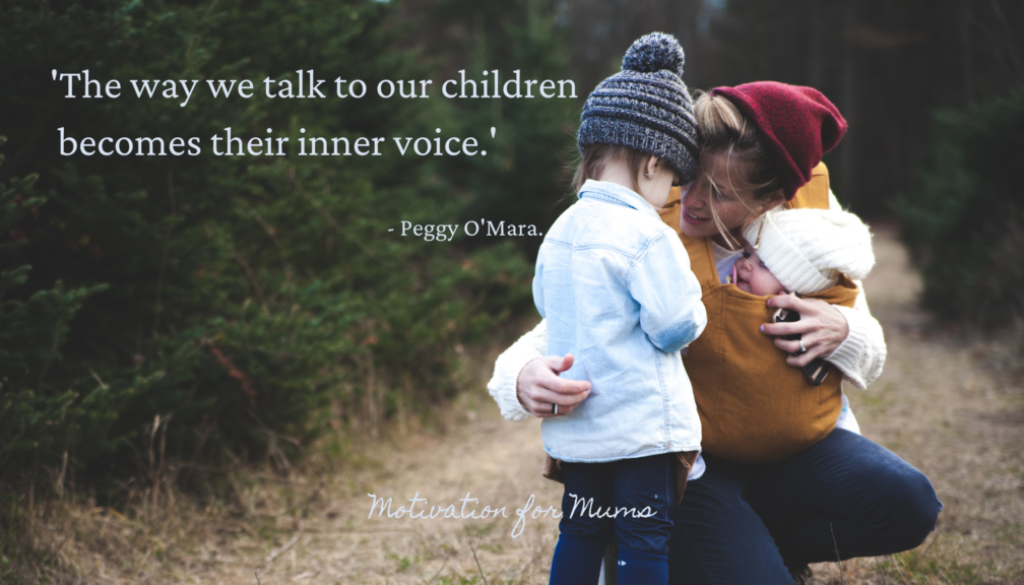“When can I play with Elliott – like, not on the iPad?”
My eight-year-old daughter asks me questions like this almost everyday.
“We can’t go on the plane yet because of coronavirus, but when it is safe to go again, we’ll visit Elliott right away. I guess you miss playing with him face to face,” I say gently.
She nods and is about to break down in tears. “I hate Coronavirus!”
“I hate it too. Coronavirus is horrible and I get angry too for not being able to do the stuff we used to do before.”
“If I had a magic wand I’d make it go away!” she sobs.
“I think many children and adults would like that!” I sympathise. For a moment, my warrior self secretly wishes I really had a magic wand.
“When coronavirus is over, I want to go to a restaurant everyday,” she cries angrily.
I smile. This is a child who doesn’t really like restaurants.
“That would be nice. What else do you want to do?”
“Have lots of sleepovers and see family and go on holiday and hug my friends,” she said with eyes wide open. Then after two seconds she remembers she can’t do those things in the present, and her smile turns upside down.
“I’d love to do all those things too,” I said, eyes wide open. “Do you know what? I also love how much time I spent with you this last year. We did all sorts of things together, right? What did you like doing best?”
“Slime, baking, painting, playing with Lego. That was funny when you built the Lego giraffe,” she giggled.
“That was funny,” I laughed. “Do you want to do any of those things again?”
“Let’s make slime.” She said coyly.
I wasn’t in the mood for messy play. I needed to get all sorts of things done and slime making, aka messy play, wasn’t on my list. As parents we all know that messy play comes with a cleaning job. None of the things I offered were on my list, but I realised my list could wait and this time was crucial for her. She opened up her feelings about something that neither of us had control of and I honour her for that. Despite messy play not being on my list of to-dos, I knew she would feel calm in no time and then I would be able to finish whatever I was doing much faster.
The thing is, as adults we know that this pandemic has affected us in more ways than I can think of. We’ve been through this for the past year, and frankly, we are all fed up with it.
But how do children feel? How do we think they are coping?
Children have had to deal with lockdown, with staying indoors, with being ‘quiet’ during a work call, with more exposure to electronics, with home learning, with more time with their siblings, have more arguments with their siblings, with school closures, with online learning, with going back to school, with not seeing family, with fear of a virus, with losing loved ones, the list goes on and on.
Now that’s a lot of changes in a short space of time!
Some children are finding it really stressful. They may not have told you this, but you know that their behaviour has changed and it’s becoming more difficult to manage.
Other children are subconsciously suppressing their feelings. It’s only a matter of time before it all blows up.
Others are thriving because of one reason or another: maybe they are more connected with their parents, or they’ve attended school everyday and have had continuous contact with a safe adult at school. But a thriving child doesn’t mean they are not experiencing a difficult time.
It would be so much easier if we could just reassure children that it will be ok. A child usually looks up to an adult for answers, but we don’t have all the answers; we don’t know when we will be OK. It must be frightening to a child knowing that adults don’t have the answers to everything.
Take-Home Tips
Here are a few tips on how to help your child deal with the face of adversity:
- Give them the space to express themselves – through their behaviour, their play, their words.
- Acknowledge what they’re feeling. Name that feeling.
- Don’t rescue them, don’t sugar coat it – it’s ok for your child to experience anger and sadness, these are normal and healthy emotions.
4. Notice how you feel – if these feelings get too much for you, speak to your spouse, a friend, or ask for professional help.
- Connect with your child, do something fun, let them feel in control of the fun activity. Trust me, this will make them feel safe.
- Offer to give them hugs. It is scientifically proven that hugs can increase oxytocin and serotonin levels in the brain (the good feel factors).
What About You?
I would love to hear your thoughts and experiences. What’s been difficult and what’s worked for your child?
If you need to get in touch with me, please head to www.facebook.com/sabrinapersiano.

April 23, 2021 @ 7:40 pm
Wonderful post, Sabrina. Thank you for your contribution, and I look forward to reading more!
April 29, 2021 @ 2:04 pm
Thank you Amanda.